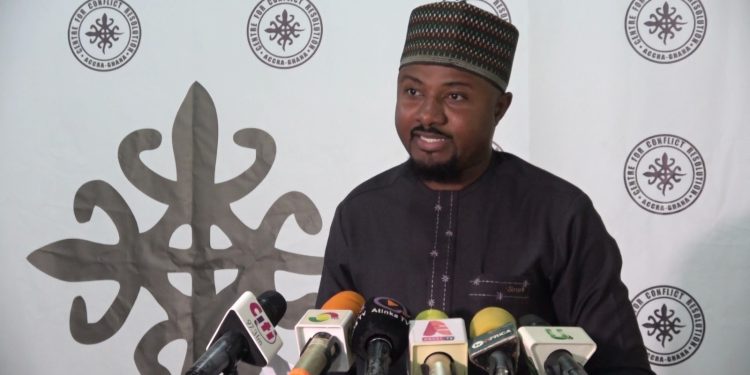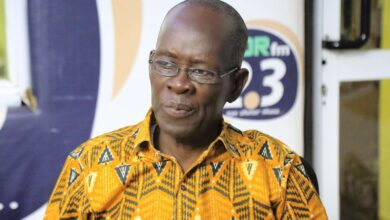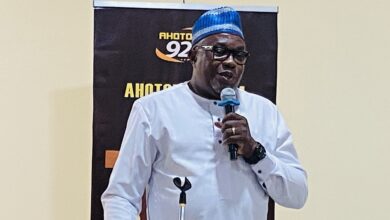
The Coalition of Civil Society Organizations (CSOs) involved in election observation, led by the Centre for Conflict Resolution-Ghana (CENCOR), has voiced strong disappointment over the Electoral Commission of Ghana’s (EC) decision to deny them accreditation for monitoring the upcoming 2024 General Elections.
According to the coalition, this refusal undermines transparency and accountability, raising questions about the integrity of the election process. The CSOs believe that by denying them access, EC Chairperson Jean Mensa has jeopardized the credibility of the electoral process, potentially impacting the state and her leadership’s trustworthiness.
The organizations affected by this decision include the Centre for Conflict Resolution-Ghana (CENCOR), the Jatikay Centre for Human Security and Peace Building (JATIKAY CENTRE), the Human Security Research Center Ghana (HSRCGh), and the FESF Foundation. These groups, well-known for their dedication to promoting free and fair elections, argue that the EC’s decision is a serious setback for democracy in Ghana.

At a press conference, Adib Saani, a security analyst and executive director of the Jatikay Centre, called on the EC to reverse its decision and grant accreditation to qualified CSOs. Saani described the EC’s stance as “a grievous affront to democracy,” emphasizing the hard work that has gone into building an electoral process characterized by fairness and transparency. He stressed that Jean Mensa’s actions were not only unjust but a breach of these CSOs’ rights to participate and ensure a credible electoral process, casting doubts on the EC’s commitment to democratic principles.
“It is not only surprising but deeply concerning that the EC chairperson would take such a drastic measure,” Saani said. “This action disregards the right of civil society to engage in the democratic process, which is essential to maintaining public trust and transparency.”

Adding to this criticism, Lt. Gen. Arnold Quainoo (Retired), Executive Director of the Centre for Conflict Resolution-Ghana, voiced his disappointment and defended the reputation of his organization. He emphasized that election observers must embody certain qualities—credibility, integrity, endurance, and honesty. He questioned the EC’s motivations, noting the troubling message sent by excluding credible organizations from the process.
“Observers must possess the credibility to call a spade a spade,” Quainoo stated. “When organizations that meet these qualifications are dismissed without justification, it raises serious questions about the EC’s criteria and the future of democratic elections in Ghana.”

The coalition’s statement underscores the essential role of civil society in safeguarding the integrity of the electoral process. It remains to be seen whether the EC will respond to these concerns and reconsider its decision.
Story by: Mercy Addai Turkson




